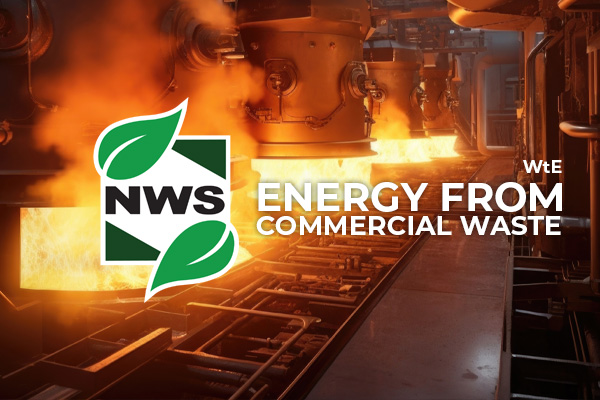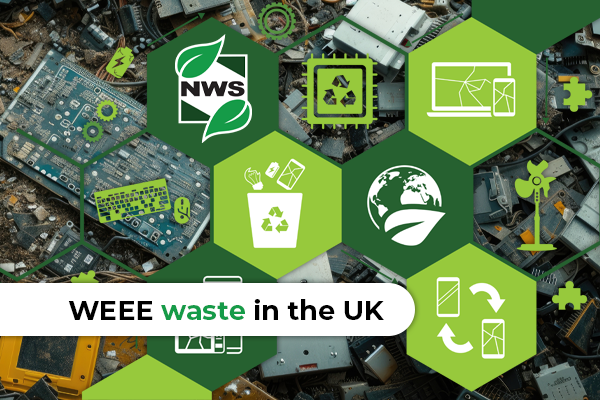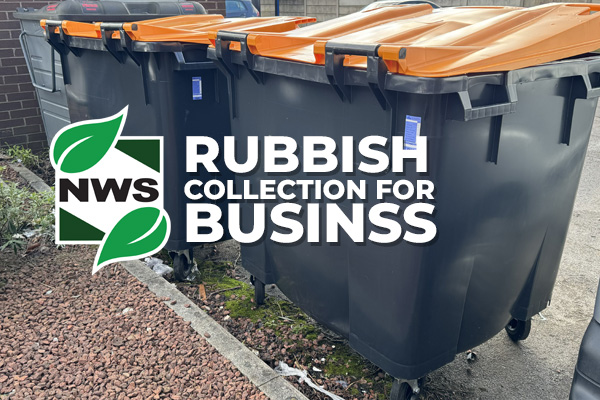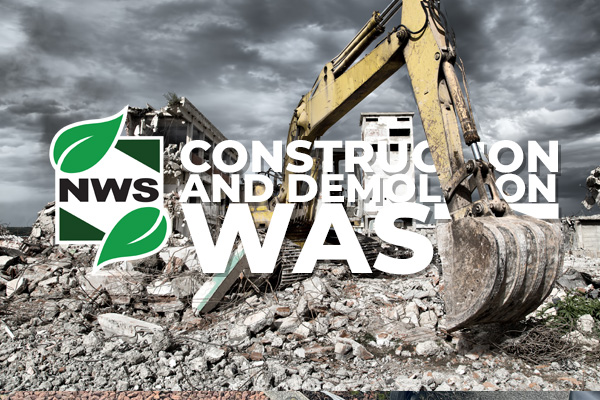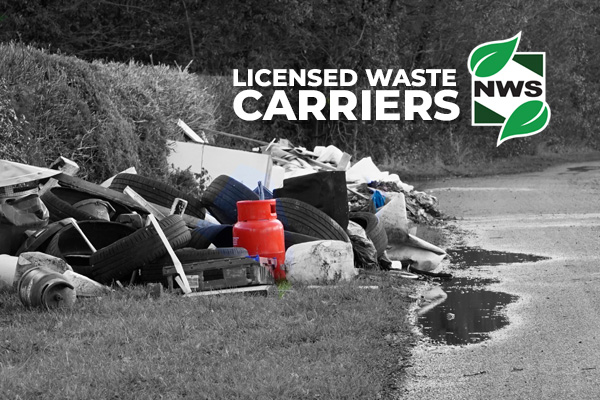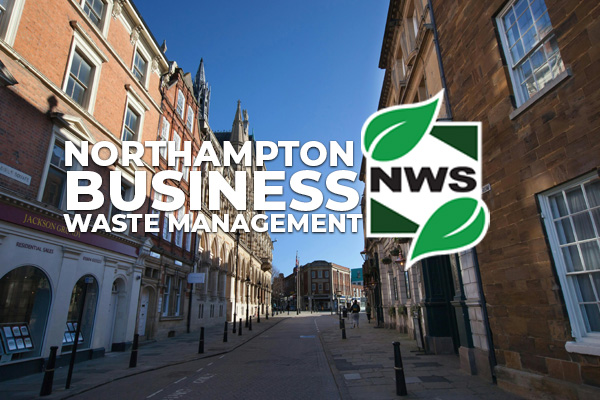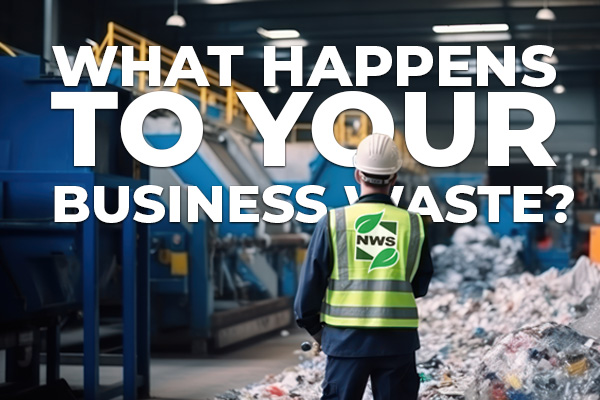Make your business more efficient, with compactors and waste solutions with NWS. Efficient waste management is crucial for maintaining a clean and sustainable environment. Compactors are innovative machines designed to streamline the waste disposal process by reducing the volume of waste and maximising space utilisation. With on-site compacting capabilities, these machines offer a convenient and cost-effective solution for various industries and businesses. In this Nationwide Waste Services article, we will explore the benefits of compactors, discuss the industries that can benefit from their services, and highlight their role in promoting efficient waste management practices.
Understanding Compactors
Compactors are powerful machines used to compress waste materials, reducing their volume and making them easier to handle and transport. These machines utilise hydraulic pressure to compress waste into dense, compacted blocks or bales. They come in various sizes and configurations to accommodate different types and quantities of waste.
Compactors offer several advantages over traditional waste disposal methods. By reducing waste volume, they minimise the number of trips required for waste removal, leading to cost savings and reduced carbon emissions. Additionally, compacted waste takes up less space, allowing for better utilisation of storage areas and reducing the need for frequent waste pickups.
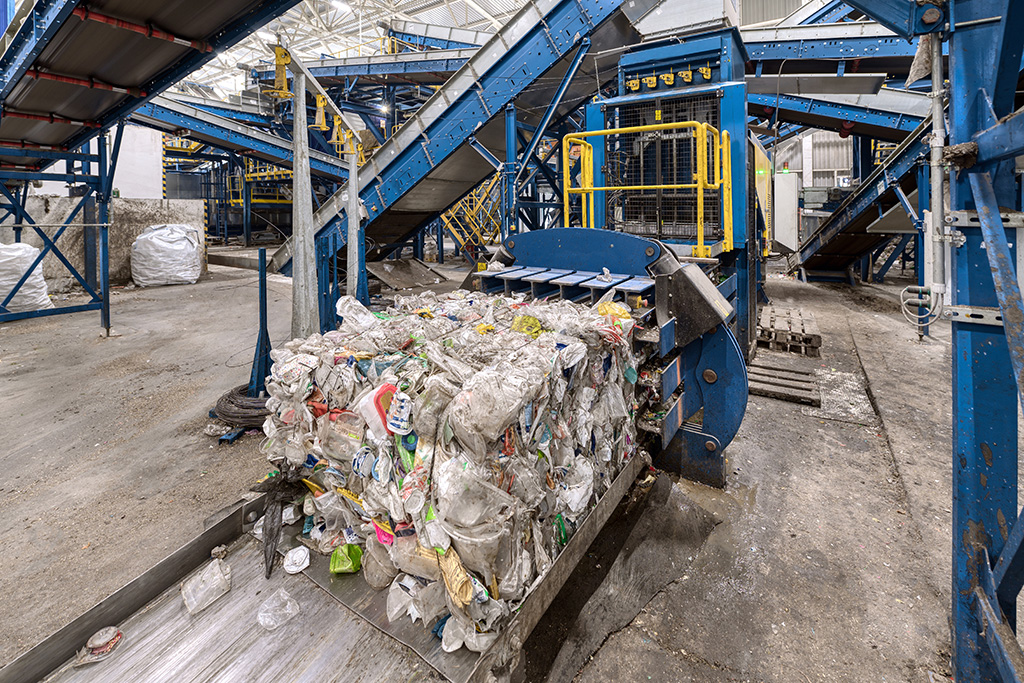
Industries that Benefit from Compactor Services
Retail and Supermarkets
Retail businesses generate significant amounts of waste, including cardboard, packaging materials, and food waste. Compact waste management systems help retailers efficiently manage their waste streams, reduce clutter, and maintain a clean and organised environment. With the right space on site, a compacting RORO container is ideal for retail.
Hospitality and Food Service
Hotels, restaurants, and catering services produce large volumes of waste, including food scraps, packaging, and beverage containers. Compactors enable these businesses to handle their waste more efficiently, optimise space, and reduce the frequency of waste collections.
Manufacturing and Industrial Facilities
Manufacturing and industrial facilities generate various types of waste, such as scrap metal, plastic, and packaging materials. Compactors help these industries reduce waste volume, improve safety by minimising clutter, and enhance operational efficiency by streamlining waste management processes.
Healthcare and Pharmaceutical
Healthcare facilities and pharmaceutical companies produce a wide range of waste, including medical supplies, packaging, and expired medications. Compactors ensure the safe disposal of medical waste and help maintain a hygienic environment while adhering to strict regulations.
Office Buildings and Commercial Spaces
Office buildings and commercial spaces generate a significant amount of paper waste, packaging materials, and general office waste. Compact waste management systems ensure efficient waste disposal, reduce fire hazards, and create a cleaner and more organized workspace. Discuss Compactors and Waste Solutions with NWS.
Construction and Demolition
The construction industry generates substantial amounts of waste, including debris, concrete, and construction materials. On-site compactors enable construction companies to manage waste efficiently, reduce disposal costs, and minimise environmental impact.
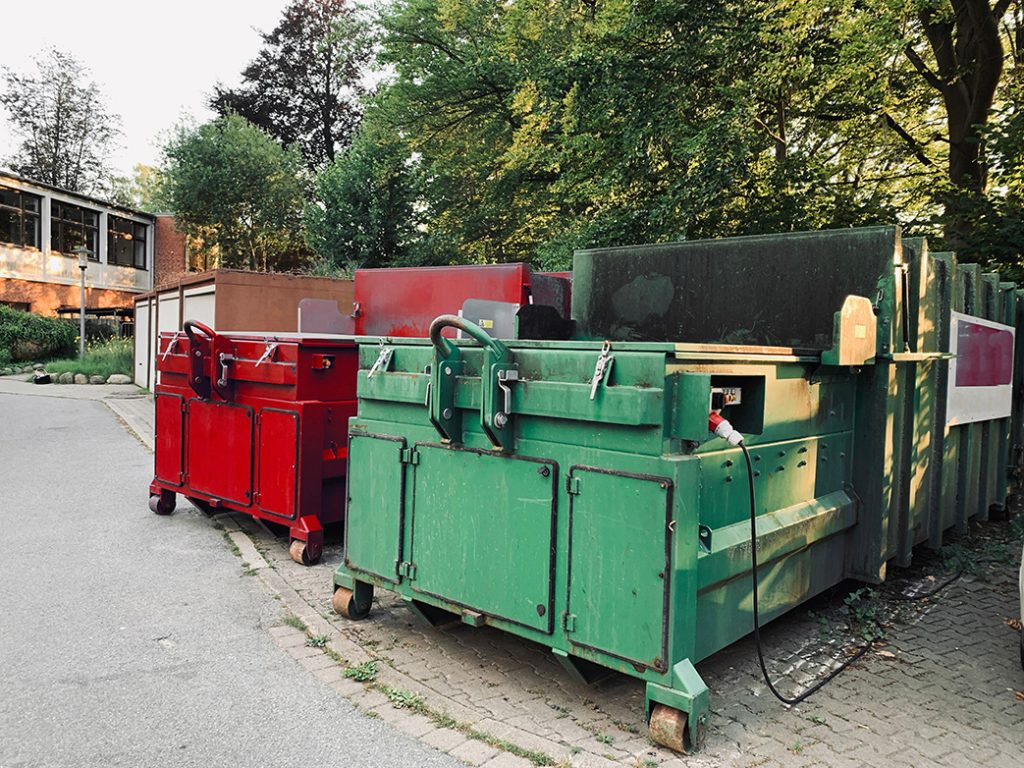

Benefits of Compact Waste Management
Cost Savings
By reducing waste volume and optimising waste collection schedules, compactors help businesses save money on waste disposal fees and transportation costs. Fewer waste pickups and improved space utilisation contribute to significant cost reductions in the long run.
Space Optimisation
Compact waste management systems allow businesses to make the most of their available space. By reducing waste volume, compactors minimise the need for large waste storage areas and create a cleaner, more organized environment.
Environmental Impact
Efficient waste management is essential for reducing environmental impact. Compactors help businesses minimise their carbon footprint by reducing the number of waste collection vehicles on the road, conserving fuel, and reducing emissions.
Improved Safety and Hygiene
Compactors help maintain a safe and hygienic working environment by minimising clutter and reducing the risk of accidents. By compacting waste, businesses can prevent the spread of odours, pests, and contaminants associated with improper waste disposal.
Streamlining Waste Management Processes
Compact waste management systems offer several features that streamline waste management processes. These features include automated compaction cycles, remote monitoring and control, and integration with waste management software. These technologies allow businesses to track waste volumes, schedule pickups more efficiently, and optimise waste management operations.
In Summary
Compactors are the ultimate solution for efficient waste management. By reducing waste volume, optimising space utilisation, and streamlining waste management processes, these machines offer numerous benefits to various industries. Meaning your business works smarter with waste and materials. From retail and hospitality to manufacturing and construction, businesses can rely on compactors to handle their waste more effectively, save costs, and minimise their environmental impact. Embracing compact waste management systems is a step towards a cleaner, more sustainable future.

